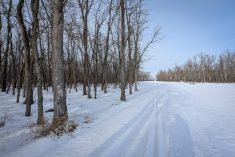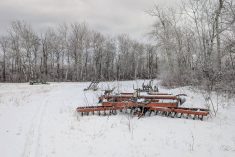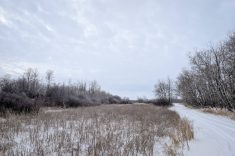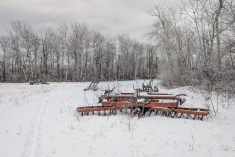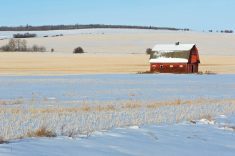Twelve rural municipalities in Manitoba’s Interlake and WestLake regions have declared a state of agricultural disaster due to severe dry conditions.
The RMs of Alonsa, Armstrong, Bifrost-Riverton, Coldwell, Ethelbert, Fisher, Grahamdale, Lakeshore, McCreary, Ste. Rose, West Interlake and Woodlands announced the motion in a news release Thursday.
The municipalities are calling on the province to initiate discussions with the federal government to assess the situation under the AgriRecovery framework.
AgriRecovery is a disaster-recovery framework which would help producers recover from “extraordinary costs” sustained in a disaster, according to the federal government’s website.
Read Also
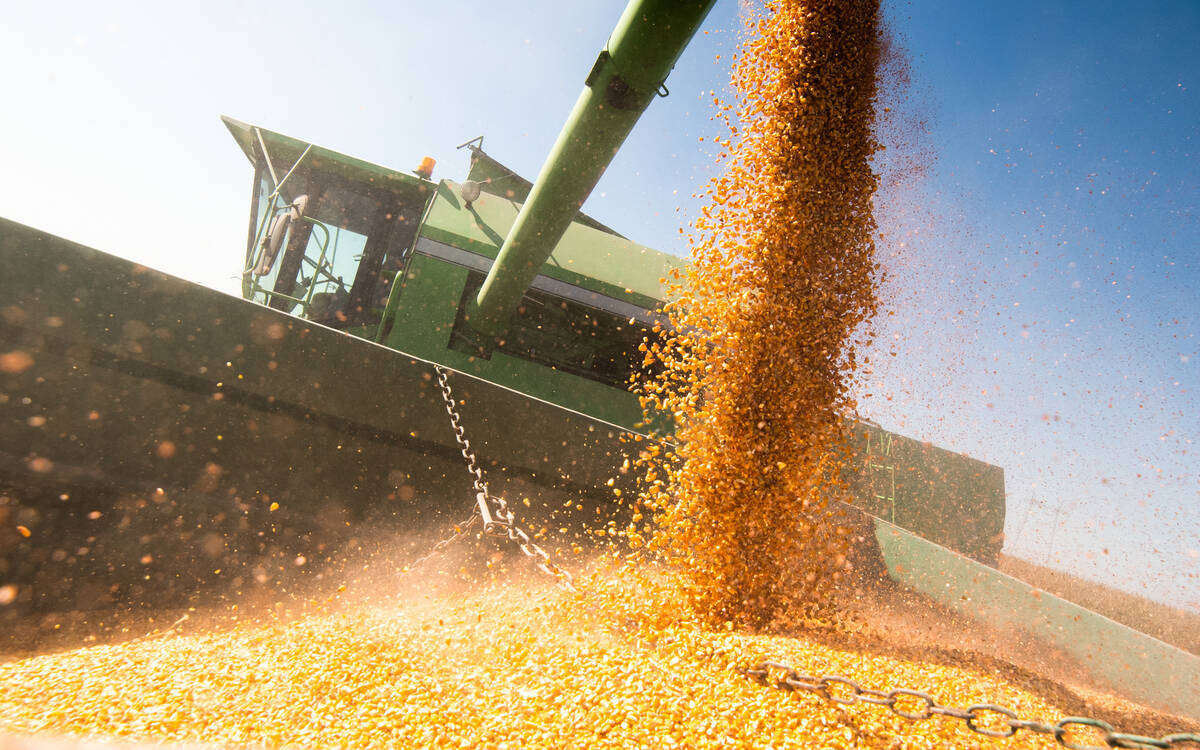
Feed Grain Weekly: Corn affecting barley prices in Lethbridge
Corn imports entering Lethbridge have lowered prices for feed barley compared to those in Edmonton.
Municipalities are also asking that an AgriRecovery program be considered to provide immediate feed and freight assistance and compensation for drilling additional wells or hauling of water to livestock.
Lack of rain throughout the year has caused considerable damage to the agriculture industry within the Interlake and Parkland regions, the release said.
Due to the extremely dry conditions, grain, hay and straw producers have faced severely reduced crop yields and pastures have also been devastated. These factors have led to diminished feed resources. The severity of the feed shortage has been compounded by a depleted inventory of carryover feed following a dry 2018.
The municipalities said that livestock producers are faced with extraordinary expenses to purchase and transport feed for their livestock. They are paying drill additional wells to provide water to their animals because dugouts have dried up.
Some producers are facing the prospect of having to sell a large portion of their livestock because of the high cost of providing feed. There is increasing desperation among farmers in the Interlake and Parkland regions, the release said.
Furthermore, municipalities are asking the Manitoba government to prioritize a meeting with local producers, along with other industry stakeholders to discuss the shortcomings of existing business risk management programs and possible areas for improvement.



